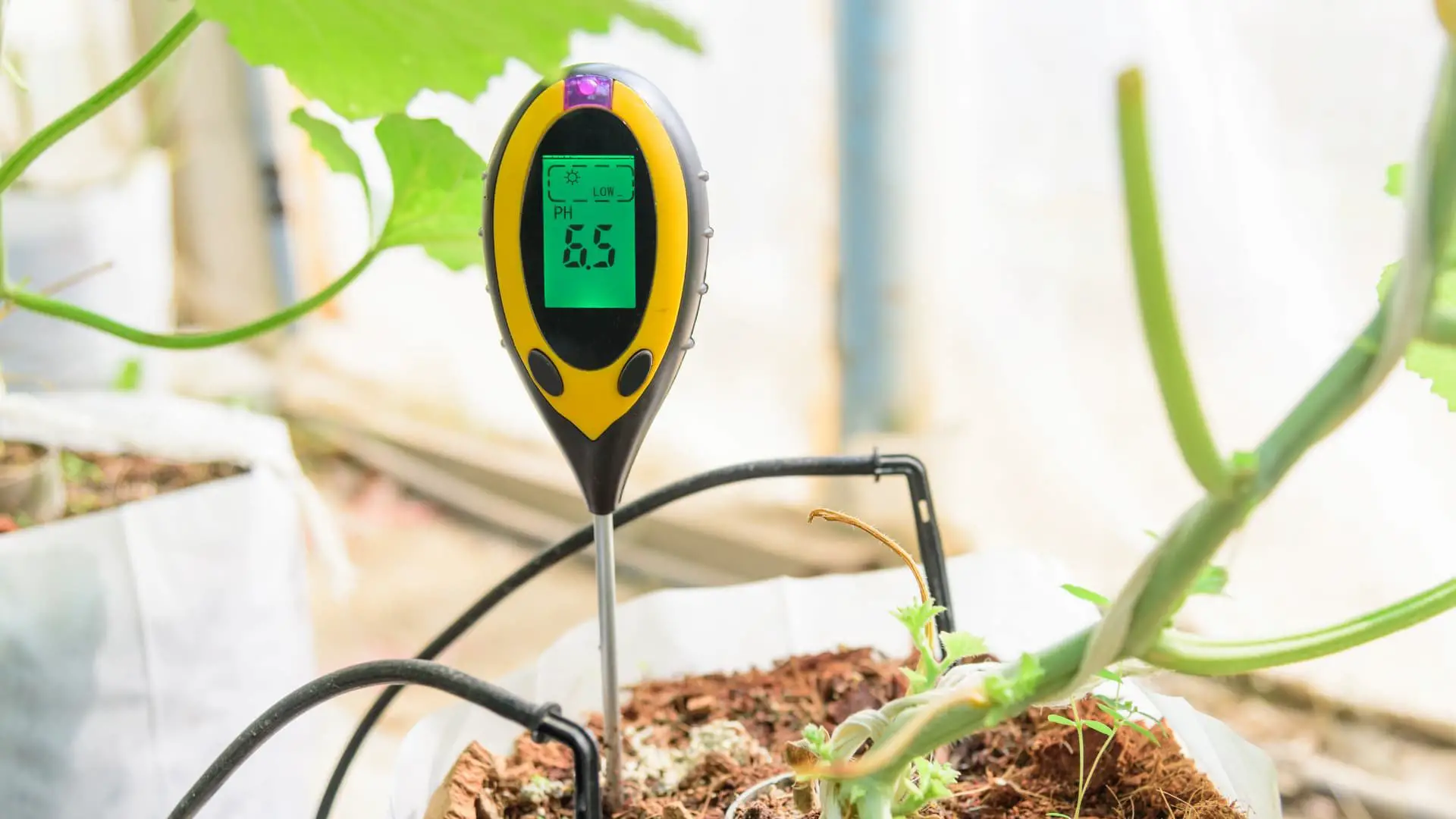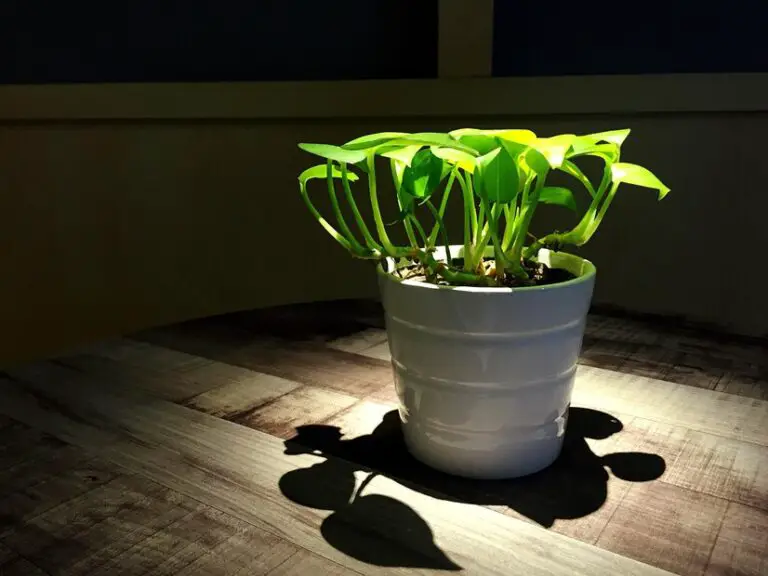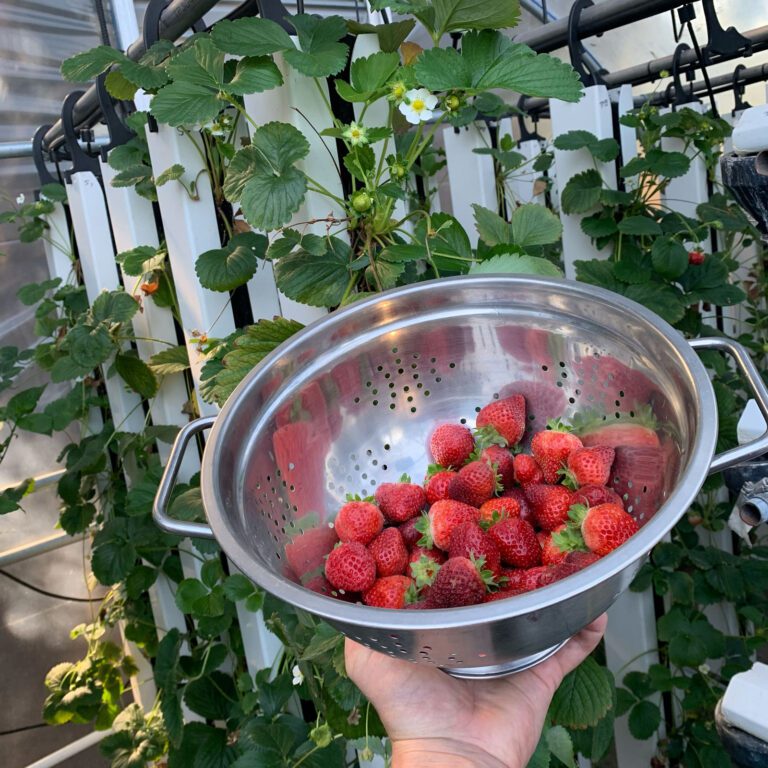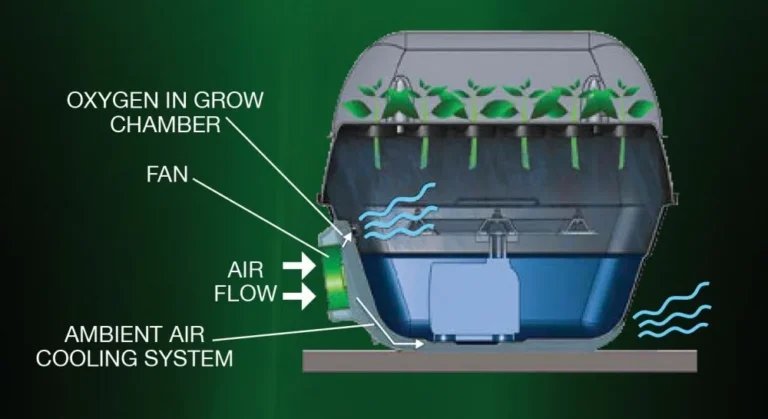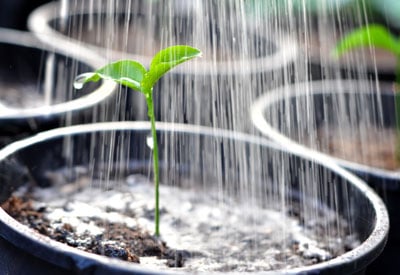Best No.1 pH Testers for Soil and Hydroponics: Reviews and Recommendations
Table of Contents
Factors Affecting Best pH Testers for Soil and Hydroponics
Factors affecting pH levels in soil and hydroponics play a crucial role in plant health and growth. pH, which stands for potential of hydrogen, is a measure of the acidity or alkalinity of a substance. In the context of soil and hydroponics, pH refers to the acidity or alkalinity of the growing medium. The pH scale ranges from 0 to 14, with 7 being neutral. A pH below 7 is acidic, while a pH above 7 is alkaline.
In soil, several factors can influence pH levels. The composition of the soil, including the mineral content, organic matter, and soil type, is one such factor. Clay soils tend to be more alkaline, while sandy soils are often acidic. The presence of certain elements, such as limestone or sulfur, can also impact pH. Additionally, the use of fertilizers, particularly those high in nitrogen, can alter soil pH. Understanding these factors is essential for maintaining optimal pH levels in the soil and ensuring the availability of nutrients for plants. This is very helpful to test Best pH Testers for Soil and Hydroponics
Similarly, in hydroponic systems, pH levels must be carefully monitored and adjusted. The pH of the nutrient solution directly affects the absorption of essential nutrients by the plants. If the pH is too far off balance, nutrient deficiencies can occur, leading to stunted growth and poor yields. Factors that can influence pH levels in hydroponics include the quality of water used, the type and concentration of nutrients, and the effectiveness of pH buffering agents. It is important to regularly check the pH of the nutrient solution and make appropriate adjustments to maintain a suitable pH range for optimal plant growth.
Different Types of Best pH Testers for Soil and Hydroponics
Different types of pH testers are available for measuring pH levels in soil and hydroponic systems. These testers vary in their design, features, and functionality, allowing gardeners and growers to choose the one that best suits their needs.
One common type of pH tester is the digital pH tester. These testers are easy to use and provide accurate and precise pH readings. They typically feature a digital display that shows the pH value, as well as additional information such as temperature and calibration status. Digital pH testers often come with automatic temperature compensation and can be calibrated for accurate readings. They are a popular choice among both amateur gardeners and professional growers due to their reliability and convenience.
Another type of pH tester is the pH test strip. These are paper strips coated with indicators that change color according to the pH of the solution being tested. pH test strips are simple to use and inexpensive, making them a practical choice for beginners or occasional users. However, they may not provide the same level of accuracy as digital pH testers. It is important to follow the instructions provided with the test strips and to interpret the results carefully to obtain reliable readings.
Soil pH meters are another option for measuring pH levels in soil. These handheld devices have a metal probe that is inserted into the soil, and they provide instant pH readings. Soil pH meters are known for their ease of use and portability, allowing gardeners to measure pH levels in different areas of their garden. However, they may require manual calibration and periodic maintenance to ensure accurate results.
Liquid pH indicators are also available for measuring pH levels. These solutions change color based on the pH of the solution being tested. While liquid pH indicators are simple to use, they may not offer the same level of accuracy and precision as digital pH testers. They are often used as a quick and convenient option for testing pH levels in small-scale gardening or hydroponic setups.
When choosing a pH tester, it is important to consider factors such as accuracy, precision, calibration requirements, durability, and compatibility with different growing systems. By selecting the appropriate pH tester for your needs, you can effectively monitor and adjust pH levels to promote healthy plant growth.
Digital pH Testers for Soil and Hydroponics: Features and Benefits
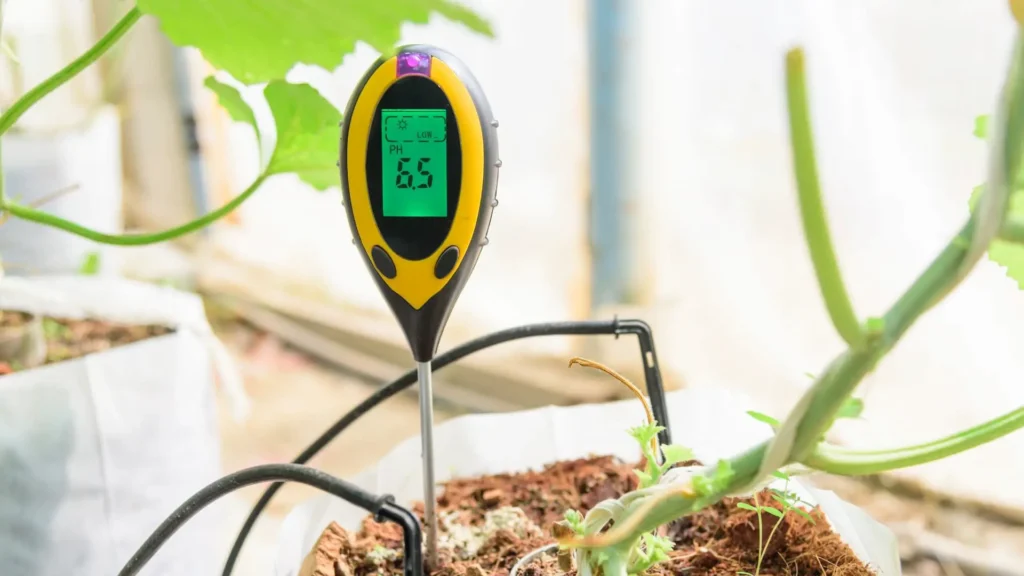
Digital pH Testers for Soil and Hydroponics are an essential tool for both soil and hydroponic gardening. They offer a range of features and benefits that make them highly reliable and convenient for determining pH levels in your growing medium. One key feature of digital pH testers is their accuracy. They provide precise readings, allowing you to make informed decisions about the pH levels of your soil or nutrient solution.
In addition to accuracy, digital pH testers also offer ease of use. They typically have a simple interface with clear instructions, making them suitable for both experienced gardeners and beginners. Many models also come with automatic calibration, which eliminates the need for manual adjustments and ensures consistent and accurate readings. Furthermore, digital pH testers often have a compact and portable design, allowing you to easily carry them around your garden or hydroponic system.
Another benefit of digital pH testers is their speed. With just a few seconds, you can obtain a pH reading, saving you time and effort compared to using traditional methods like pH test strips. This speed is especially valuable in hydroponic systems, where maintaining the pH balance is crucial for optimal plant growth. Additionally, some digital pH testers also offer additional features such as temperature compensation and memory storage, further enhancing their functionality and convenience.
Overall, digital pH testers are a reliable and efficient tool for both soil and hydroponic gardening. Their accuracy, ease of use, and speed make them an excellent investment for any gardener looking to monitor and adjust pH levels effectively.
pH Test Strips: Pros and Cons
pH test strips are a common and affordable option for testing the pH levels in soil and hydroponic systems. These thin strips of paper are coated with a chemical indicator that changes color in response to the acidity or alkalinity of the solution being tested. pH test strips offer several pros that make them a popular choice among gardeners and horticulturists.
One of the major advantages of pH test strips is their simplicity and ease of use. They require no additional equipment or calibration and can be used by anyone, even those with little to no experience in gardening. Simply dip the strip into the soil or hydroponic solution, wait for a short period, and compare the color of the strip to a provided color chart. This allows for quick and convenient pH testing, especially for those who need to test multiple samples in a short amount of time.
Another benefit of pH test strips is their portability. These compact strips can easily fit into a pocket or toolkit, making them ideal for on-the-go testing. Whether you’re monitoring pH levels in your garden or while conducting field research, pH test strips can be easily carried around and used whenever necessary. Additionally, their affordable price makes them a practical choice when large quantities of pH testers are needed or when budget constraints are a concern.
Here’s a simple table providing information about pH testers for soil and hydroponics:
| Brand | Model | Type | pH Range | Accuracy | Features | Price |
|---|---|---|---|---|---|---|
| Apera Instruments | SX610 | Pen-style | 0.00 to 14.00 | ±0.01 | Replaceable probe, automatic calibration, waterproof | $50 – $70 |
| Bluelab | Combo Meter | Handheld | 0.0 to 14.0 | ±0.1 | Measures pH, conductivity, and temperature; Backlit LCD, replaceable probes | $150 – $200 |
| VIVOSUN | pH and TDS Meter Combo | Pen-style | 0.00 to 14.00 | ±0.1 | Measures pH and TDS; Automatic temperature compensation, lightweight and portable | $20 – $30 |
| Hanna Instruments | HI98107 | Pocket-sized | 0.00 to 14.00 | ±0.1 | Automatic calibration, replaceable electrode, waterproof | $70 – $90 |
| HM Digital | PH-200 | Handheld | 0.00 to 14.00 | ±0.02 | Measures pH and temperature; Automatic calibration, water-resistant | $50 – $60 |
| Oakton | EcoTestr pH 2 | Pen-style | 0.0 to 14.0 | ±0.1 | Single-button calibration, waterproof, auto-off function | $40 – $50 |
| General Hydroponics | pH Control Kit | Kit | 4.0 to 8.5 | N/A | Comes with pH Up, pH Down, and pH test indicator; Ideal for hydroponic systems | $15 – $25 |
| Dr.meter | PH100 | Handheld | 0.01 to 14.00 | ±0.05 | Backlit LCD, automatic calibration, ATC (Automatic Temperature Compensation), waterproof | $40 – $50 |
Please note that prices can vary based on the seller, location, and any ongoing promotions or discounts. Additionally, it’s essential to read user reviews and product specifications to ensure a pH tester meets your specific needs.
Soil pH Meters: How They Work
Soil pH meters are essential tools for every gardener and hydroponic enthusiast who wants to ensure optimal plant growth. These meters work by measuring the acidity or alkalinity of the soil, which is represented by the pH level. The pH scale ranges from 0 to 14, with 7 being neutral, values below 7 indicating acidic conditions, and values above 7 representing alkaline conditions.
There are two main types of soil pH meters: analog and digital. Analog meters function by using a probe that is inserted into the soil. The probe contains a sensor that measures the electrical conductivity of the soil, and this information is displayed on an analog dial. Digital meters, on the other hand, use a digital display to provide accurate pH readings. They also have a probe that is inserted into the soil, but the readings are displayed numerically. Digital pH meters are often preferred due to their precision, ease of use, and advanced features such as data storage and automatic temperature compensation.
Liquid pH Indicators: Ease of Use
Liquid pH indicators are a popular choice for testing pH levels in soil and hydroponic systems due to their ease of use. These indicators typically come in the form of a liquid solution that changes color based on the pH level. By simply adding a few drops of the indicator to the soil or nutrient solution, gardeners can quickly assess whether the pH is within the desired range.
One of the key advantages of liquid pH indicators is their simplicity. They require no complex equipment or calibration, making them suitable for beginners and experienced gardeners alike. Additionally, most liquid pH indicators come with a color chart that helps users interpret the color changes and determine the exact pH level. This makes it easy to identify if adjustments need to be made to maintain optimal pH conditions for plant growth.
While liquid pH indicators are user-friendly, it’s important to note that they may not be as precise as other testing methods. Different people may interpret colors differently, which can lead to some level of subjectivity in pH readings. To overcome this, it’s recommended to use liquid pH indicators in conjunction with more accurate pH testers, such as digital pH meters or pH test strips, for a more reliable assessment of pH levels.
In the next section, we will explore the key features to consider when choosing a pH tester, including accuracy, calibration, durability, compatibility, and more. By understanding these factors, gardeners can make informed decisions and select the best pH tester for their specific needs. So, let’s delve further into the world of pH testing and unravel the secrets to successfully maintaining optimal pH levels in soil and hydroponics.
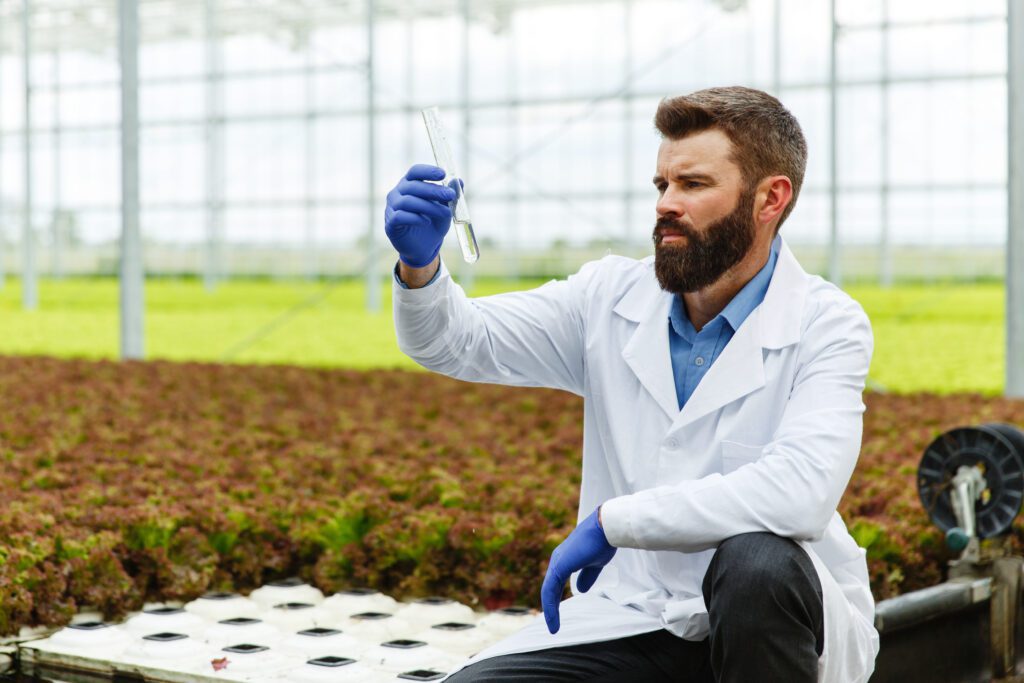
Key Features to Consider When Choosing a pH Tester
When choosing a pH tester for your soil or hydroponics system, there are several key features to consider. Firstly, accuracy and precision are crucial in obtaining reliable pH readings. Look for a pH tester that has a high level of accuracy, preferably within a range of ±0.1 pH units. This will ensure that you can make precise adjustments to the pH levels of your soil or nutrient solution.
Calibration and maintenance requirements are another important factor to keep in mind. pH testers need to be calibrated regularly to ensure accurate readings. Some models require manual calibration using calibration solutions, while others have automatic calibration features. Consider your own comfort level with calibration procedures and choose a tester that aligns with your preferences. Additionally, check if the tester requires any regular maintenance, such as electrode cleaning or replacement, and factor in the time and effort involved in maintaining the device.
Durability and longevity are also key considerations when selecting a pH tester. Look for a well-built device that can withstand the rigors of regular use in the garden or hydroponic system. Many pH testers come with protective cases or covers to prevent damage during storage or transportation. Make sure to choose a model that is built to last, as investing in a durable pH tester will save you money in the long run. Stay tuned for the next section where we will explore the compatibility of pH testers with different soil and hydroponic systems.
Accuracy and Precision in pH Readings
When it comes to measuring pH levels in soil and hydroponics, accuracy and precision are of utmost importance. pH readings provide crucial information about the acidity or alkalinity of the growing medium, which directly affects nutrient availability and plant health. A slight variation in pH can have significant consequences, leading to nutrient deficiencies or toxicities, stunted growth, and reduced crop yields. Therefore, it is essential to use pH testers that guarantee accurate and precise readings.
One of the key factors contributing to the accuracy of pH readings is the quality of the pH sensor or electrode. High-quality pH testers are equipped with durable and responsive electrodes that ensure accurate measurements. These electrodes are typically made of glass, which provides excellent sensitivity and stability. Additionally, some advanced pH testers come with double junction electrodes that offer enhanced durability and prevent contamination of the reference solution, further improving accuracy.
Calibration is another critical aspect of accuracy and precision in pH readings. pH testers need to be regularly calibrated to ensure reliable and consistent measurements. Calibration involves adjusting the tester to recognize specific pH values using buffer solutions. Most pH testers allow for calibration at multiple points, typically at pH 4.01, pH 7.00, and pH 10.01. It is essential to follow the manufacturer’s instructions carefully when calibrating the tester, as improper calibration can lead to inaccurate readings. Regular calibration, along with proper storage and maintenance, will help maintain the accuracy and precision of pH testers over time.
Calibration and Maintenance Requirements
Calibration and maintenance are crucial aspects when it comes to using pH testers for soil and hydroponics. pH testers, like any other measuring instrument, require regular calibration to ensure accurate readings. Calibration involves comparing the pH tester readings to a known standard solution and making adjustments if necessary. This process helps to eliminate any systematic errors and ensures that the readings are reliable and consistent.
Most pH testers come with detailed instructions on how to calibrate them, typically involving immersing the electrode in a calibration solution of known pH and adjusting the readings accordingly. It is recommended to calibrate the pH tester before each use or at least once a month, depending on the frequency of use. This provides the most accurate results, especially when dealing with sensitive crops or precise nutrient solutions.
Maintenance of pH testers involves proper storage and cleaning. After each use, it is important to rinse the electrode with distilled water to remove any residue that might affect future readings. Additionally, storing the pH tester in a protective case or solution will help maintain its lifespan and prevent damage. Regular electrode replacement is also recommended to ensure optimal performance. By following these calibration and maintenance practices, users can maximize the longevity and accuracy of their pH testers, ultimately leading to successful plant cultivation endeavors.
Durability and Longevity of pH Testers
When it comes to pH testers for soil and hydroponics, durability and longevity are important factors to consider. These testers are used frequently and are often exposed to various environmental conditions, so it is crucial to choose a product that can withstand wear and tear.
One key aspect of durability is the quality of materials used in the construction of the pH tester. Look for testers that are made from durable materials such as high-grade plastics or stainless steel. These materials are resistant to corrosion and can withstand the test of time.
Another important factor to consider is the waterproof or water-resistant capabilities of the pH tester. Since gardening and hydroponic systems involve frequent watering, it is essential to choose a tester that can withstand moisture without compromising its functionality.
In addition to durability, longevity is also a significant consideration. pH testers with longer lifespan are preferable as they eliminate the need for frequent replacements, saving you both time and money. Look for products from reputable brands that are known for their quality and longevity.
Overall, choosing a durable and long-lasting pH tester ensures that you can rely on accurate readings for an extended period. This allows you to monitor and adjust the pH levels of your soil or hydroponic system with peace of mind.
Compatibility with Different Soil and Hydroponic Systems
When choosing a pH tester for your soil or hydroponic system, it is crucial to consider its compatibility with different growing mediums and setups. Different plants have specific pH requirements, and the type of system you are using, such as traditional soil cultivation or hydroponics, also affects the pH levels.
For soil-based systems, pH testers need to be compatible with various soil types, such as sandy, loamy, or clay, as well as the specific nutrient mixtures and amendments you are using. Additionally, the pH tester should be able to penetrate the soil easily and provide accurate readings at different depths. It is recommended to choose a pH tester that is designed explicitly for soil pH testing, as it will typically have features like a long probe and a sturdy construction that can withstand outdoor conditions.
In hydroponic systems, the pH tester needs to be compatible with the nutrient solutions used for plant growth. These solutions are carefully balanced to provide the necessary nutrients to plants, and pH plays a critical role in nutrient availability. When selecting a pH tester for hydroponics, it is essential to ensure that it can measure the pH of the nutrient solution accurately. Some pH testers are specifically designed for hydroponic systems and offer features like waterproofing and automatic temperature compensation to provide reliable readings in these unique environments.
Here’s a table highlighting the benefits of using pH testers for soil and hydroponics:
| Benefit | Description |
|---|---|
| Optimal Plant Growth | Maintaining the correct pH level is crucial for nutrient absorption. pH testers help ensure optimal conditions for plant growth in both soil and hydroponic systems. |
| Prevention of Nutrient Lockout | Incorrect pH levels can lead to nutrient lockout, where plants are unable to absorb essential nutrients. pH testers help prevent this by allowing precise pH adjustments. |
| Disease Prevention | Some plant diseases thrive in specific pH ranges. Regular pH monitoring helps detect and prevent diseases associated with imbalanced pH conditions. |
| Efficient Nutrient Use | pH testers aid in adjusting nutrient solutions to the appropriate pH, ensuring that plants can efficiently utilize the available nutrients in hydroponic systems. |
| Improved Soil Health | Soil pH affects microbial activity and nutrient availability. pH testers enable gardeners to maintain balanced soil pH, promoting a healthier soil environment. |
| Cost-Effective Agriculture | By avoiding nutrient deficiencies and optimizing nutrient absorption, pH testers contribute to more efficient and cost-effective agricultural practices. |
| Precision in pH Adjustments | pH testers provide accurate readings, allowing growers to make precise adjustments to pH levels, avoiding under or over-correction of the growing medium. |
| Customization for Crop Types | Different crops may have varying pH preferences. pH testers allow growers to customize pH levels based on the specific requirements of different plant varieties. |
| Increased Crop Yields | Maintaining the correct pH level ensures that plants receive the necessary nutrients, leading to healthier plants and increased yields in both soil and hydroponic setups. |
| Early Problem Detection | Regular pH monitoring allows for the early detection of pH fluctuations, enabling timely corrective actions before they negatively impact plant health. |
Using pH testers is essential for successful and healthy plant growth, and the benefits extend to various aspects of agriculture, including nutrient management, disease prevention, and overall crop productivity.
Top pH Testers for Soil and Hydroponics
When it comes to testing pH levels in soil and hydroponic systems, having a reliable pH tester is essential. There are various types of pH testers available on the market, each with their own features and benefits. In this section, we will explore the top pH testers for soil and hydroponics, providing detailed reviews and highlighting the pros and cons of each product.
Whether you are a beginner gardener or an experienced hydroponic enthusiast, a digital pH tester can be a valuable tool. Digital pH testers offer features such as automatic calibration, temperature compensation, and easy-to-read LCD screens. These testers provide quick and accurate pH readings, allowing you to monitor and adjust the acidity or alkalinity of your growing medium with precision. Additionally, digital pH testers often have a longer lifespan compared to other types of testers, making them a cost-effective choice in the long run. However, it’s important to note that digital pH testers rely on batteries, so it’s crucial to have spare batteries on hand to ensure uninterrupted testing.
Product A: Detailed Review and Pros/Cons
Product A is a highly recommended pH tester for both soil and hydroponic systems. With its digital technology, this tester provides accurate and reliable pH readings, allowing gardeners and cultivators to effectively monitor and adjust the pH levels of their growing medium. One of the key features of Product A is its ease of use. It is designed with a simple interface, making it user-friendly for beginners and experienced growers alike. Additionally, the tester has a clear digital display, which allows for easy reading of the pH values.
In terms of pros, Product A offers a rapid response time, providing almost instant pH readings. This is helpful for those who need to make quick adjustments to maintain optimal pH levels. Furthermore, the tester is portable and compact, allowing users to easily carry it around their garden or hydroponic setup. The durability of Product A is also impressive, as it is built to withstand the sometimes harsh conditions of gardening. Lastly, this pH tester boasts a long battery life, ensuring that it will last through multiple uses before needing a battery replacement.
Product B: Detailed Review and Pros/Cons
Product B: Detailed Review and Pros/Cons – pH Testers for Soil and Hydroponics
Product B is an innovative pH tester that offers reliable and accurate readings for both soil and hydroponic systems. With its advanced technology and user-friendly design, it has become a popular choice among gardeners and hydroponics enthusiasts.
One of the standout features of Product B is its digital display, which not only provides precise pH readings but also allows for easy interpretation of the results. The clear and bright screen ensures that users can quickly and accurately determine the pH levels of their soil or hydroponic solution. Additionally, the tester comes with a durable and waterproof casing, making it suitable for use in various environments. This ensures that the device remains protected even when exposed to moisture or rough handling.
In terms of pros, Product B offers a high level of accuracy and precision, providing gardeners and hydroponics growers with reliable pH measurements. Its compact design and portability make it convenient to carry around and use in different areas of the garden or hydroponic setup. Moreover, Product B requires minimal maintenance, saving users both time and effort.
However, it is important to note a potential con of Product B: it relies on batteries for power. While this is a common feature among digital pH testers, it is crucial to ensure the availability of spare batteries to avoid any interruptions in testing. Additionally, some users have reported difficulties in calibrating this particular tester accurately. However, with proper instructions and practice, these challenges can be easily overcome.
Overall, Product B provides accurate and reliable pH readings, along with its user-friendly design and durability. It is a practical option for both soil-based gardening and hydroponic systems. Nonetheless, it is essential to consider individual needs and preferences before purchasing, and to follow the manufacturer’s guidelines for calibration and maintenance.
Product C: Detailed Review and Pros/Cons
Product C is a highly recommended pH tester for both soil and hydroponic systems. This versatile device offers accurate and reliable pH readings, making it an essential tool for any gardener or hydroponics enthusiast. One of the key features of Product C is its digital display, which allows for easy and precise pH measurement. Additionally, the device is equipped with a built-in electrode that ensures accurate readings with minimal effort.
The pros of using Product C include its user-friendly interface, making it suitable for beginners and experienced gardeners alike. With its compact and portable design, you can easily carry it around your garden or hydroponic setup. Moreover, Product C has a wide pH range, allowing you to measure a diverse range of soil and water conditions. Its high level of accuracy means that you can rely on its readings to make informed decisions about adjusting pH levels for optimal plant growth.
Keep in mind that it is important to calibrate the device regularly to maintain its accuracy. Additionally, some users have reported that the battery life of Product C could be improved, so it is advisable to have spare batteries on hand. Overall, Product C is a reliable and efficient pH tester that will surely meet the needs of any avid gardener or hydroponics enthusiast.
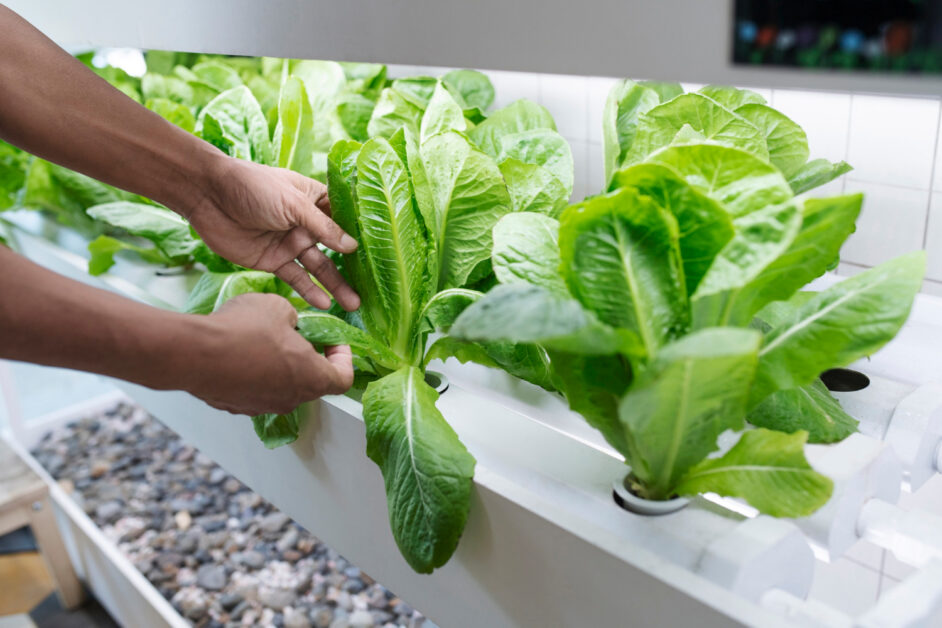
Can be used for both pH Testers for Soil and Hydroponics systems?
Yes, Can be used for both pH Testers for Soil and Hydroponics systems. It is important to choose a pH tester that is compatible with the specific system you are using.
How often should I calibrate my pH tester?
It is recommended to calibrate your pH tester before each use, especially if you are working with high accuracy requirements. Regular calibration ensures accurate and reliable pH readings.
Are digital pH testers more accurate than pH test strips?
Yes, digital pH testers are generally considered to be more accurate than pH test strips. They provide precise pH readings and eliminate subjectivity in interpreting color changes on pH test strips.
Are liquid pH indicators easy to use?
Liquid pH indicators are relatively easy to use. You simply add a few drops of the indicator solution to your soil or hydroponic solution and observe the color change. However, they may not provide as precise readings as digital pH testers.
How durable are pH testers?
The durability of pH testers varies depending on the brand and model. It is important to choose a pH tester that is made of high-quality materials and has a sturdy construction to ensure long-lasting use.
Can pH testers be used in different types of soil and hydroponic systems?
pH testers are designed to be compatible with different types of soil and hydroponic systems. However, it is important to check the specifications of the pH tester to ensure its compatibility with your specific system.
What are the key features to consider when choosing a pH tester?
When choosing a pH tester, consider factors such as accuracy and precision in pH readings, calibration and maintenance requirements, durability and longevity, and compatibility with your soil or hydroponic system.
Do pH testers require regular maintenance?
pH testers may require regular maintenance, such as calibration and cleaning, to ensure accurate readings. It is important to follow the manufacturer’s instructions for maintenance to prolong the lifespan of your pH tester.
Can pH testers provide instant pH readings?
Yes, most pH Testers for Soil and Hydroponics systems provide instant pH readings, allowing you to quickly assess the pH levels of your soil or hydroponic solution. This makes it easier to adjust and optimize the pH for optimal plant growth.
Are there any specific pH testers recommended for beginners?
There are pH testers available that are specifically designed for beginners. These testers often have user-friendly features and clear instructions, making them more suitable for those new to gardening and pH testing.

